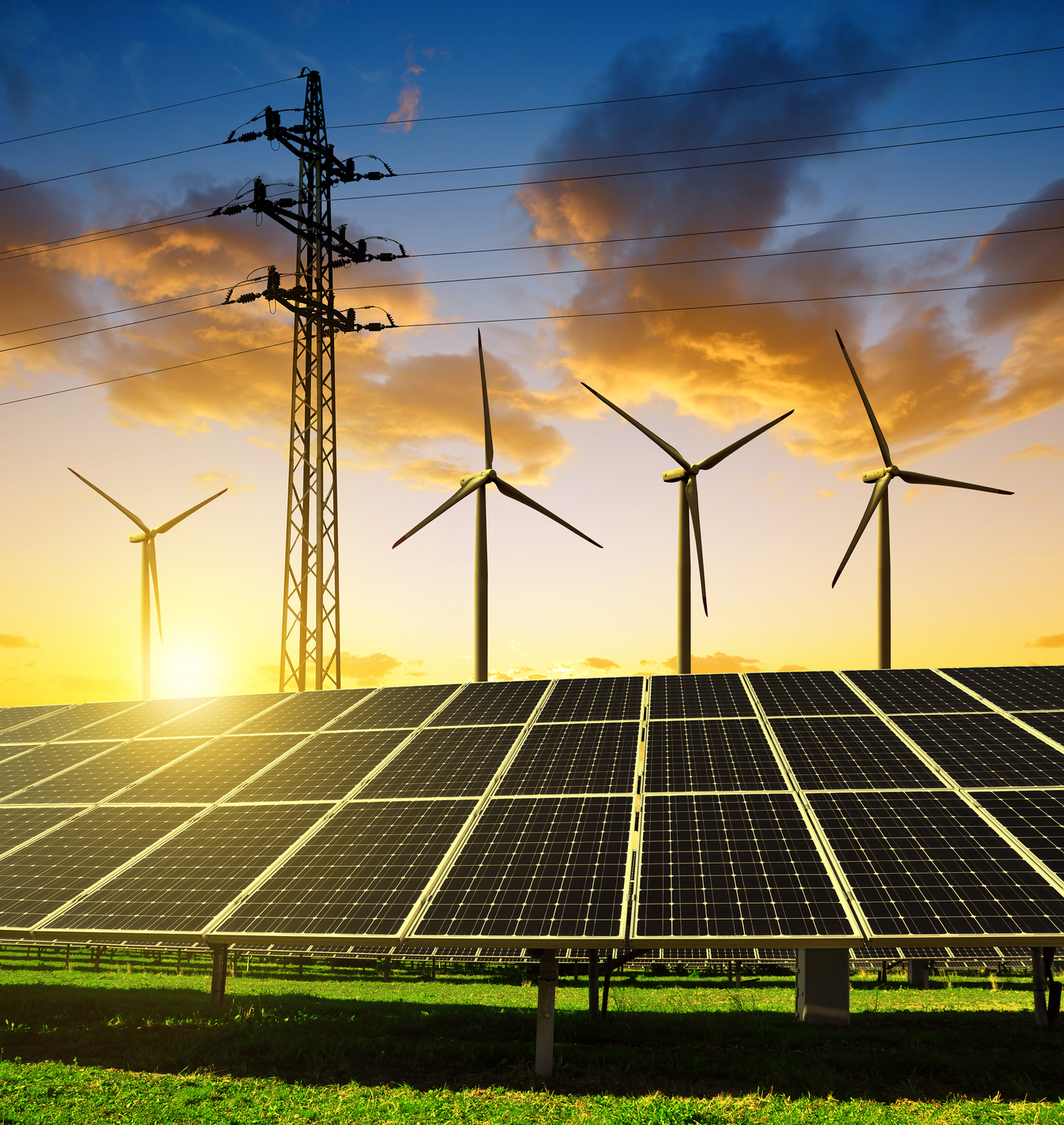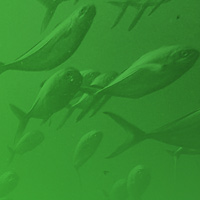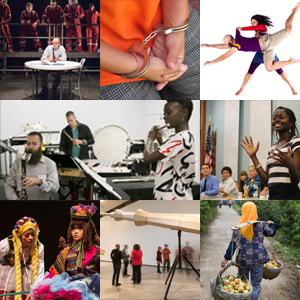-
Grants
38
-
Total Awarded
$59,631,000
-
Years
1982 - 2021
-
Categories
Grants
World Resources Institute (WRI) is a global environmental organization that spans more than 50 countries, with offices in the United States and across the globe. This award supports WRI’s climate program to advance transformative solutions for climate change mitigation and adaptation, with special focus on supporting mitigation efforts by the United States, India, and China. With national commitments integrated into the 2015 Paris Agreement, the program is assisting countries to meet and exceed the greenhouse gas emissions reduction targets in those plans. Under its climate strategy, WRI pursues four areas of activity that are tailored to the relevant national contexts: conducting analyses that identify new and better nationally appropriate pathways for mitigation, enhancing policy implementation through scaling solutions, influencing political action, and tracking progress toward mitigation goals in order to hold countries accountable to their targets.
World Resource Institute (WRI) is a global think tank with deep expertise in turning big ideas into action in the fields of environment, economic opportunity, and human well-being. WRI works with governments, businesses, and civil society institutions to build transformative solutions that protect the earth and improve people's lives. In India, WRI focuses to help solve the four most urgent challenges – rapid urbanization, transition to clean energy, management of climate mitigation and adaptation and management of the large-scale degradation of natural resources. This award supports WRI to demonstrate effective pilot interventions in two micro-, small- and medium-sized enterprise (MSME) cluster regions in two Indian states, enabling them to make transitions to cheaper clean energy sources with due consideration to the interests of their employees. It also assists WRI to use the learnings from these interventions to develop prototypes for scaled-up action for such inclusive transitions to clean energy that will be shared with policymakers at the federal and state levels.
Launched in 1982 with a founding grant of $15 million from the MacArthur Foundation, World Resources Institute (WRI) set out to put global sustainability and human well-being on the political agenda. For 35 years, WRI’s research and analysis have been scientifically sound and practical, creating real change on the ground. With this award, WRI is developing a roadmap for decarbonizing the U.S. economy that Congressional climate leaders and other key environmental stakeholders can rally behind. This includes assessing the likely impact of these measures and building agreement on the best path forward. WRI is developing a roadmap for action for this Congress, next Congress, and potentially a new Administration. It is achieving this through targeted research and analysis, coupled with extensive engagement with a widespread network of climate champions, moderates, and stakeholders.
Launched in 1982 with a grant of $15 million from the MacArthur Foundation, the World Resources Institute (WRI) puts global sustainability and human well-being on the political agenda. For 35 years, WRI’s research and analysis have been scientifically sound and practical, creating real change on the ground. This project aims to address China’s middle- and long-term climate ambition and strategies by demonstrating how pathways and policy blueprints implemented in Zhejiang province can inform a national mid-century climate strategy. Building on WRI’s strong policy and economic expertise, the project uses economic arguments to highlight the socio-economic and environmental benefits of climate action. Over three years, WRI is developing a climate strategy in China that aligns with global climate ambitions, complementing the strategy with economic reasoning to build buy-in, piloting demonstration projects to test feasibility and engage stakeholders, and disseminating relevant findings to other provinces and nationally. The project is expected to demonstrate that low-carbon development is an engine of economic growth that can fulfill both economic and climate priorities, creating the momentum needed to strengthen the national government’s confidence in committing to more ambitious actions.
World Resources Institute (WRI) is a global environmental organization that spans more than 50 countries, with offices in the United States and across the globe. WRI’s climate program advances transformative solutions for climate change mitigation and adaptation, with special focus on supporting mitigation efforts by the United States, India, and China. With national commitments integrated into the 2015 Paris Agreement, the program is assisting countries to meet and exceed the greenhouse gas emissions reduction targets in those plans. Under its climate strategy, WRI pursues four areas of activity that are tailored to the relevant national contexts: conducting analyses that identify new and better nationally appropriate pathways for mitigation, enhancing policy implementation through scaling solutions, influencing political action, and tracking progress toward mitigation goals in order to hold countries accountable to their targets.
World Resources Institute (WRI) is a global environmental research organization that spans more than 50 countries, with offices in the United States and across the globe. WRI’s Global Forest Watch is a near-real-time, online forest monitoring and alert system designed to empower people everywhere with the information they need to better manage and conserve forest landscapes. Using cutting-edge technology and data to provide the timeliest and most precise information about the status of forest landscapes and biodiversity, WRI is collaborating with on-the-ground partners to understand necessary enabling conditions to harness this technology to improve intact forest conservation. In parallel, WRI and its partners are developing new forest biodiversity metrics that will support forest policy implementation and tracking. Over two years, these methods are being tested in three intact forest landscapes to develop a long-term action plan to reduce deforestation and biodiversity loss.
The World Resources Institute (WRI) is a global research organization whose work spans more than 50 countries, with offices in the United States and across the globe. WRI’s climate program advances transformative solutions for climate change mitigation and adaptation, with special focus on supporting mitigation efforts by the United States, India, and China. With aggressive mitigations targets established by the Government of India, the project is helping large industrial consumers reduce their electricity demand through adoption of energy efficiency measures, and through procurement of renewable energy.
World Resources Institute (WRI) is a global research organization that spans more than 50 countries, with offices in the United States and across the globe. WRI’s climate program advances transformative solutions for climate change mitigation and adaptation, with special focus on supporting mitigation efforts by the United States, India, and China. With national commitments integrated into the 2015 Paris Climate Agreement, the program is assisting countries to meet and exceed the greenhouse gas emissions reduction targets in those plans. Under its climate strategy, WRI pursues four areas of activity that are tailored to the relevant national contexts: conducting analyses that identify new and better nationally appropriate pathways for mitigation, enhancing policy implementation through scaling solutions, influencing political action, and tracking progress toward mitigation goals in order to hold countries accountable to their targets.
The World Resources Institute (WRI) is a global environmental think tank that works with governments, companies and civil society to build practical solutions to urgent environmental challenges. The goal of this grant is to protect the environment and improve the wellbeing of people in the oil producing regions of Lake Turkana Basin by strengthening social and environmental policies and practices related to the emerging oil sector. WRI will analyze Kenyan laws, oil company policies and international best practice for transparency; public participation and consultation; and protection of ecosystem services within the context of oil production.
The purpose of this grant is to ensure that foreign oil companies operating in Uganda comply with international social and environmental standards that result in better environmental management and improved social outcomes. World Resources Institute will conduct research on legal, company and international standards that apply to the oil companies; advocate for companies to engage in international standard setting; monitor and assess the performance of oil companies; and facilitate dialogue between stakeholders.
To support expanded communications technology capacity (over three years).
To implement economic valuation of goods and services in coastal marine habitats in Jamaica and Dominican Republic (over three years).
To develop guidelines for good environmental governance to assist the processes and institutions involved in decision making in Yunnan Province, China (over two years).
In support of a study on valuation of goods and services provided by coral reefs in the Caribbean (over three years).
To support the Strategic Opportunity Fund and for hardware and software technology to support special projects (over four years).
To support capacity building for biodiversity conservation in Cameroon (over four years).
To maintain momentum for strong U.S. action and international cooperation to address global warming (over two years).
To develop a portfolio of community-managed marine reserves in the western central Pacific (over three years).
To develop a portfolio of community-managed marine reserves in the western central Pacific (over three years).
To support a communications infrastructure (over three years).
To support a communications infrastructure (over three years).
To support a project on climate change, in collaboration with the Natural Resources Defense Council, the Union of Concerned Scientists, and the Environmental Defense Fund (over three years).
To support research on the use of economic instruments to capture the full value of ecosystem services (over three years).
To promote sustainable forest management, build demand for independently certified wood products, and identify more sustainable sources of fiber (over three years).
To support a meeting of developing country leaders to develop a proposal on climate action to be presented at the Conference of the Parties.
To support HyperForum, an online discussion tool, and for the Global Scenario Group.
To disseminate information about sustainable forestry, including a series of case studies.
To support a workshop on the effects of pesticides on immunotoxicity.
To strengthen the ability of tropical countries to undertake environmental policy research (over three years).
To support research on a series of economic measurement and ecological tax reform issues (over three years).
To support studies on gender, environment, and development issues, and outreach and media activities related to the Cairo population conference.
To support a media outreach and public education program to inform policymakers about the importance of environmental considerations in economic decisions.
To support The 2050 Project, to examine sustainability through multidisciplinary research, in collaboration with the Santa Fe Institute and the Brookings Institution (over four years).
To support the summer study on achieving a sustainable society.
To support a feasibility study for an international conservation banking facility.
To create an endowment to further charitable purposes.
In support of general operations (over five years).
To establish an institute for interdisciplinary policy studies on planetary-scale issues affecting resources and environment.








